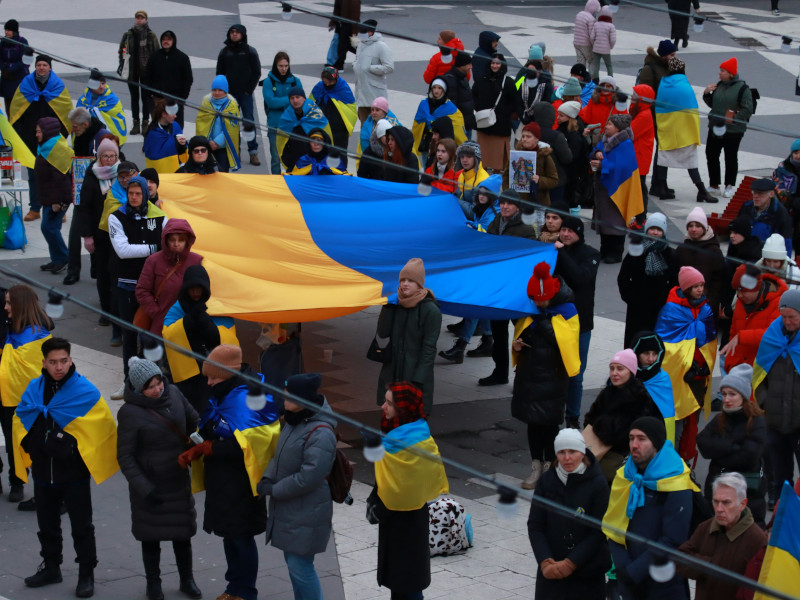Remote working in the context of enforced migration triggered by the war in Ukraine.
The Russian invasion of Ukraine forced Ukrainian workers to migrate from the Eastern regions under attack to the Central-Western areas of the country or even most frequently abroad (Germany, Czech Republic and other bordering European countries becoming hosting hubs for them). Some Ukrainian workers (mainly in knowledge intensive jobs) manage to maintain employment relationships with their Ukrainian employers e.g., by using digital platforms. However, most refugees and internally displaced people are falling in precarious living and working situations that remains unexplored. Digital technologies are playing a crucial role in enforcing migrants’ transnational social connections and access to basic services. However, their role in accessing paid work remains underexplored in research. Moreover, while remote working is promoted as a resilience strategy for enforced migrants, its ambiguous consequences have not been studied yet.
